Published since 2019 by the Fair Winds Foundation and Association of Foreign Relations, Taiwan Weekly provides in-depth report and analysis of the major issues facing Taiwan.
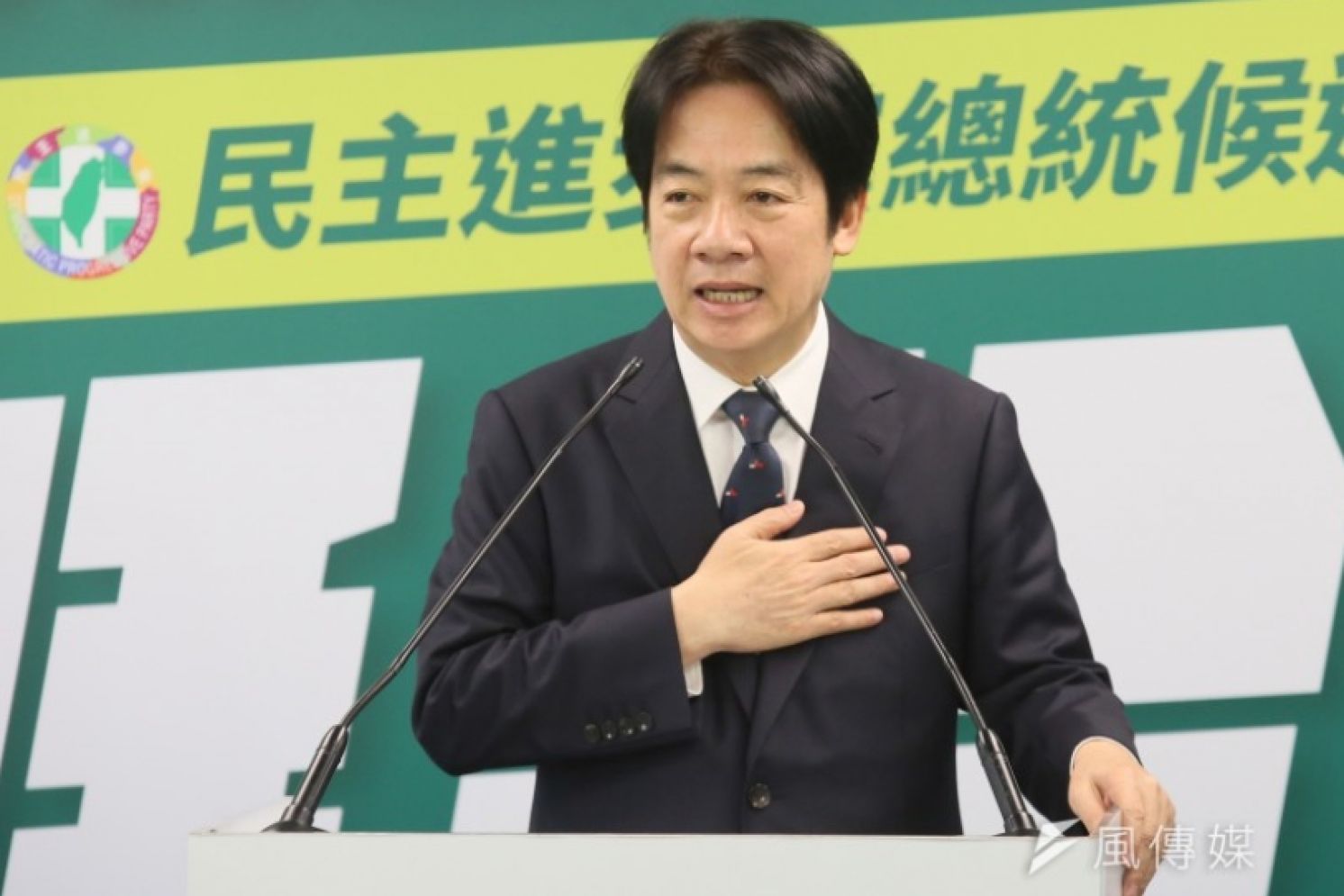
Lai's Strategy May Trigger a New Crisis in the Taiwan Strait
The Democratic Progressive Party (DPP) officially announced that R.O.C. Vice President Lai Ching-te, who concurrently serves as DPP chairman, will represent the party in the presidential election.
Details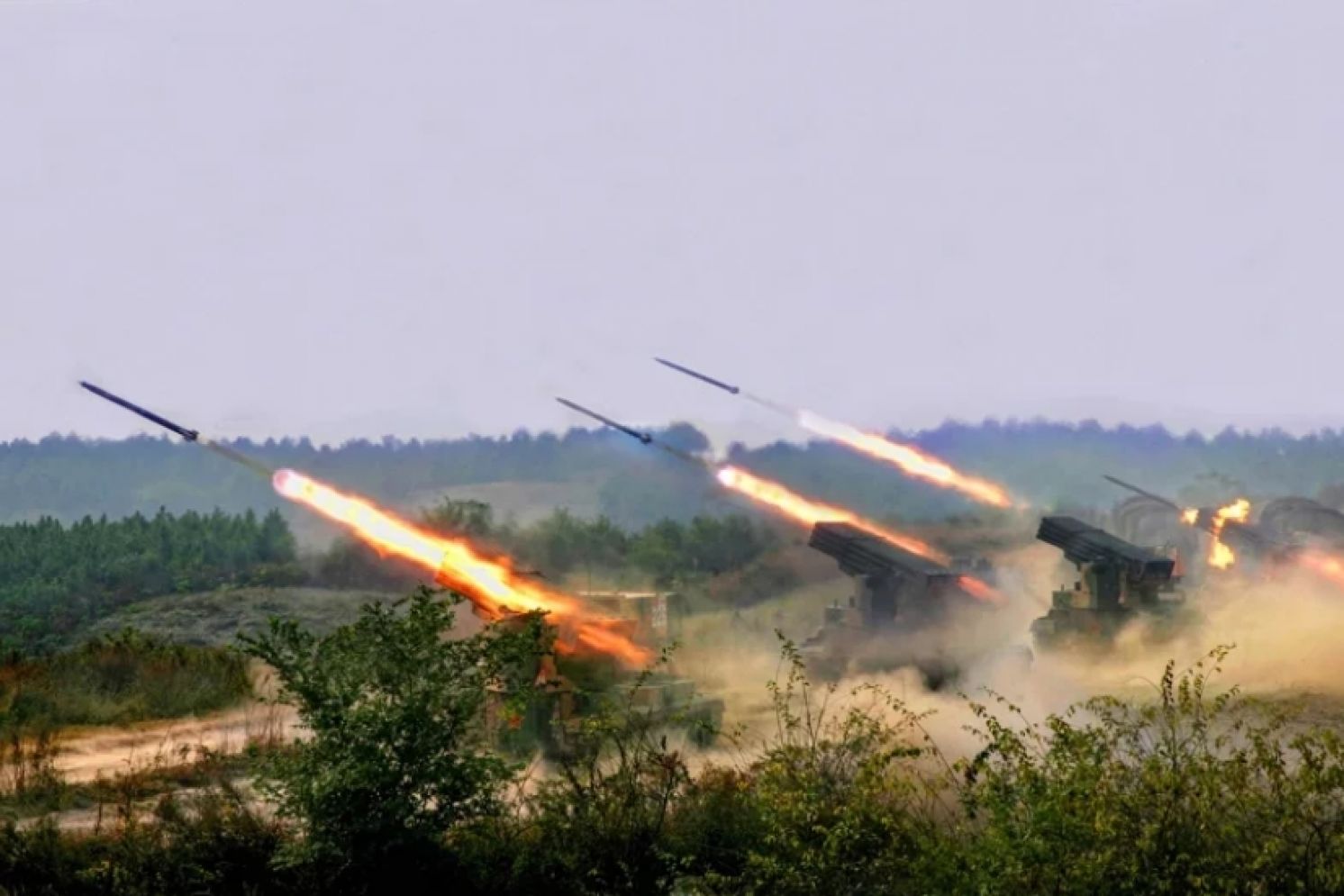
Messages Conveyed by PLA's Police Patrols and Military Drills Around Taiwan
The People's Liberation Army's (PLA) three-day "United Sharp Sword" military exercises encircling Taiwan ended on the evening of April 10.
Details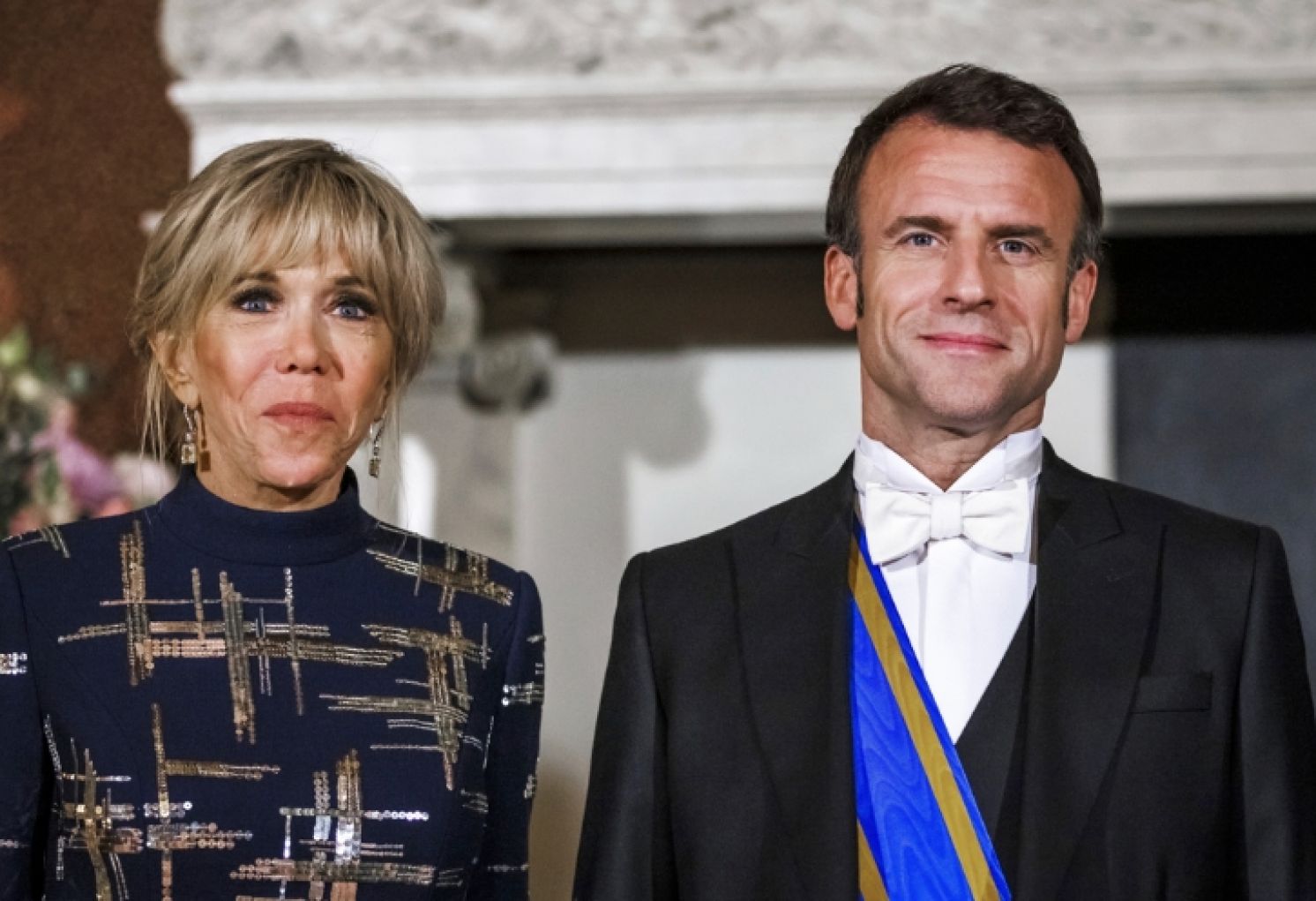
This Week in Taiwan 0409-0415
April 10: The People's Liberation Army (PLA) concluded its combat readiness patrol and "United Sharp Sword" military exercises. The Ministry of National Defense (MND) stated that the PLA mobilized a total of 232 sorties to operate around the Taiwan Strait in three days, of which 134 sorties crossed the median line of the Taiwan Strait and entered Taiwan's southwest and southeast airspace. Among them, 91 sorties of fighter planes were detected by Taiwan on April 9; 54 sorties, including the J-15 fighter planes carried by the aircraft carrier Shandong, crossed the median line of the Taiwan Strait and entered Taiwan's southwest and southeast airspace. Both figures broke single-day records previously released by the MND.
Details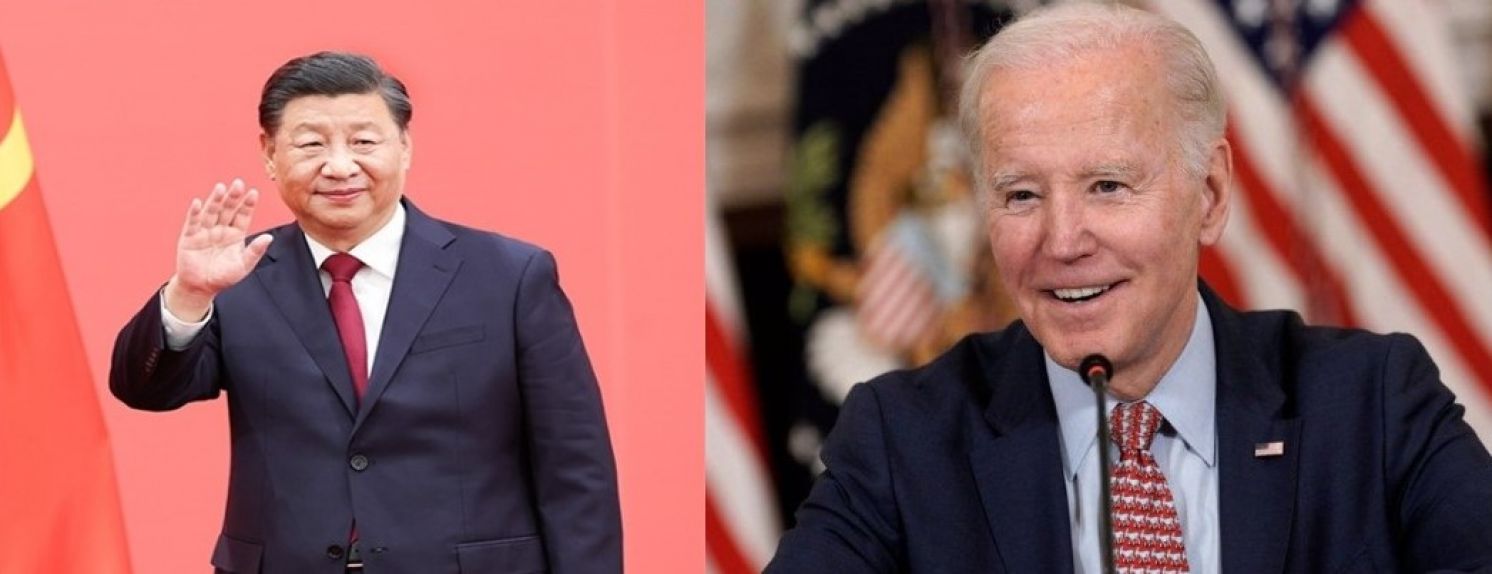
Pro-American and Maintaining Peace with China Not Mutually Exclusive
When former President Donald Trump of the United States appeared at a Manhattan court on criminal charges, President Joe Biden was in a meeting with his science advisors discussing the advantages and disadvantages of artificial intelligence at the White House.
Details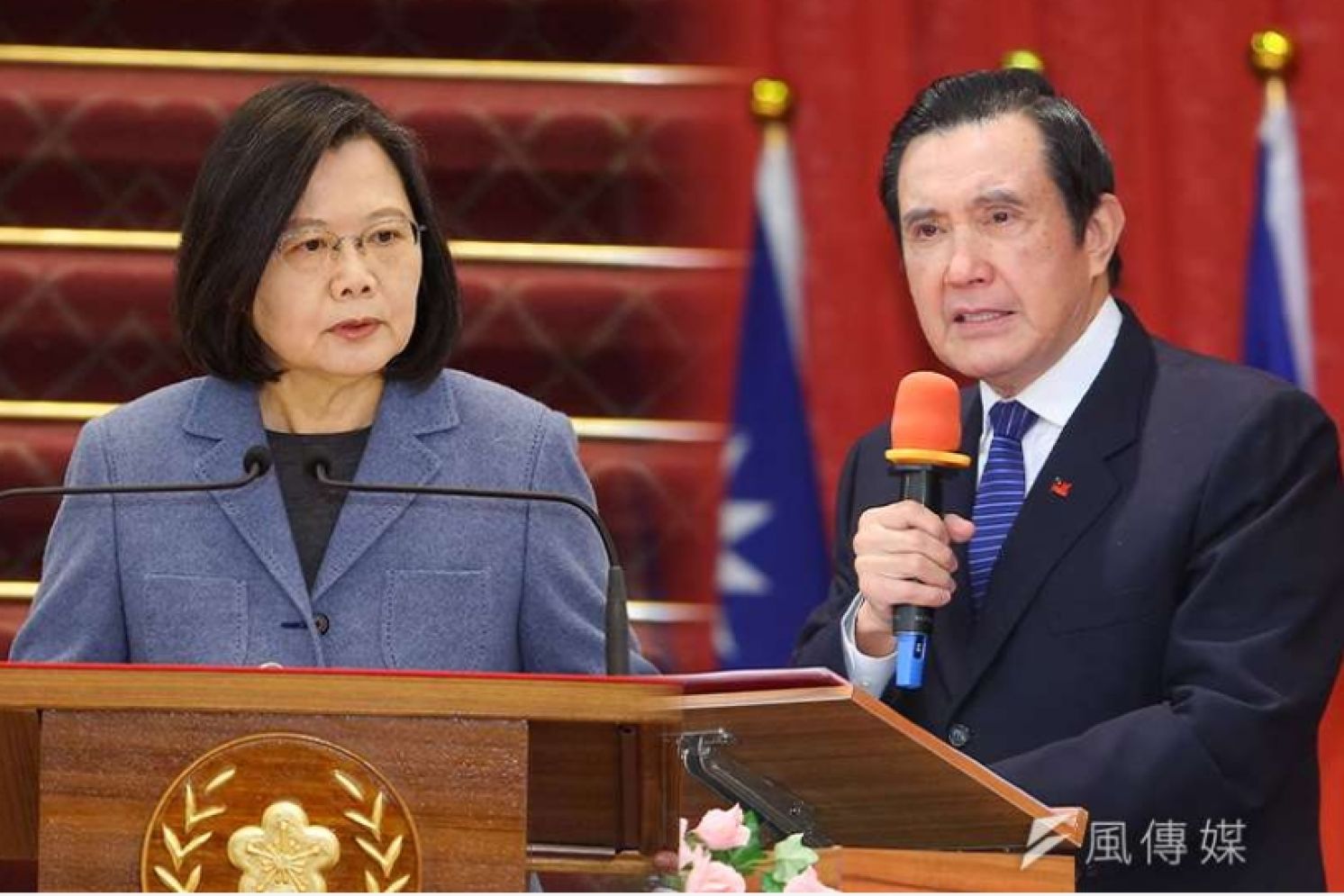
Tsai and Ma on Parallel Paths:Taiwan Continue to Walk on a Tightrope?
In late March, former President Ma Ying-jeou visited mainland China to pay respects to his ancestors while President Tsai Ing-wen visited Central America and transited through the United States.
Details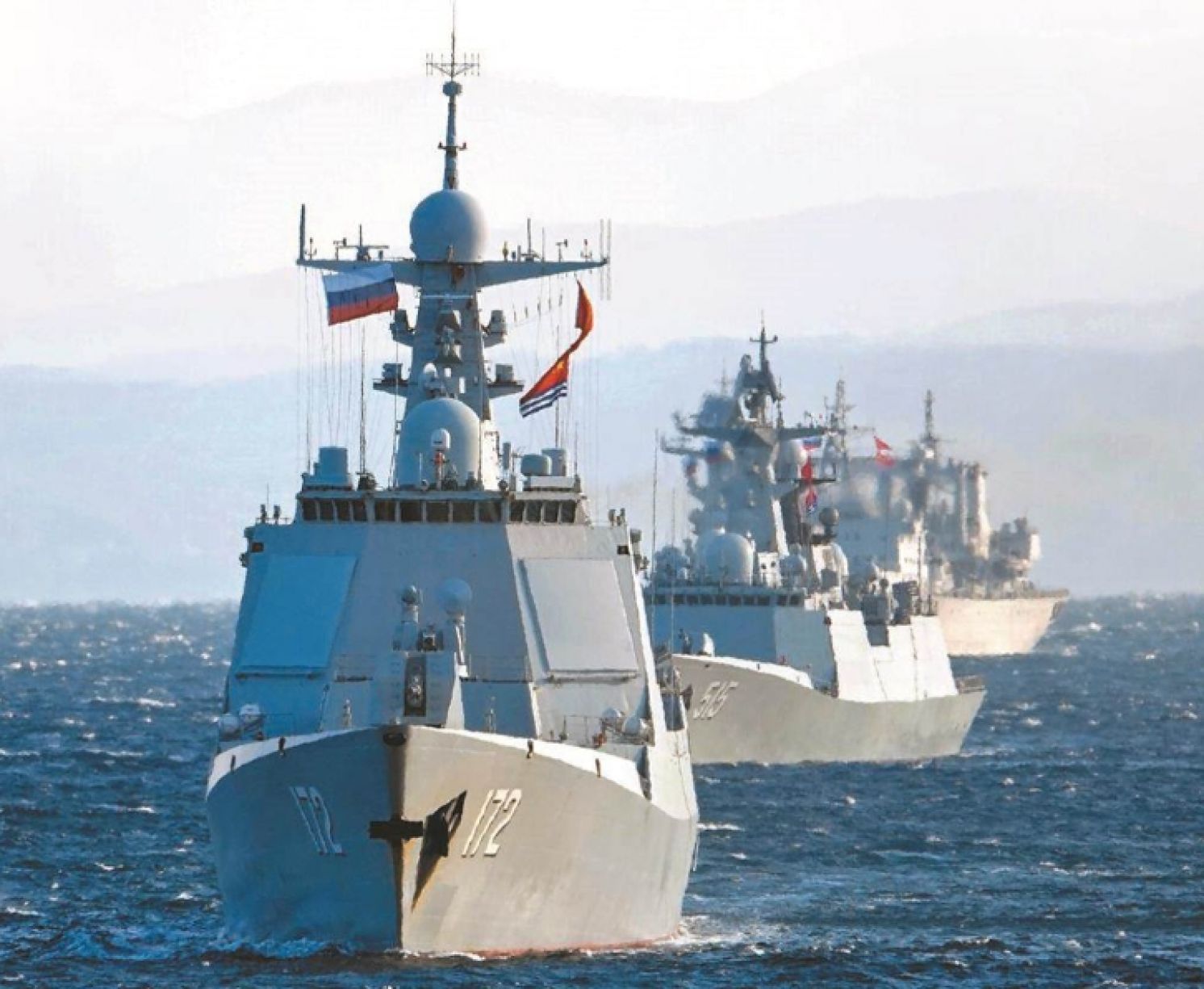
Expert:PLA Military Exercises Around Taiwan Scope Quite Well-Crafted
The People's Liberation Army's (PLA) "Eastern Theater Command" announced today that it will conduct a three-day "combat readiness" patrol and "United Sharp Sword" exercise encircling Taiwan.
Details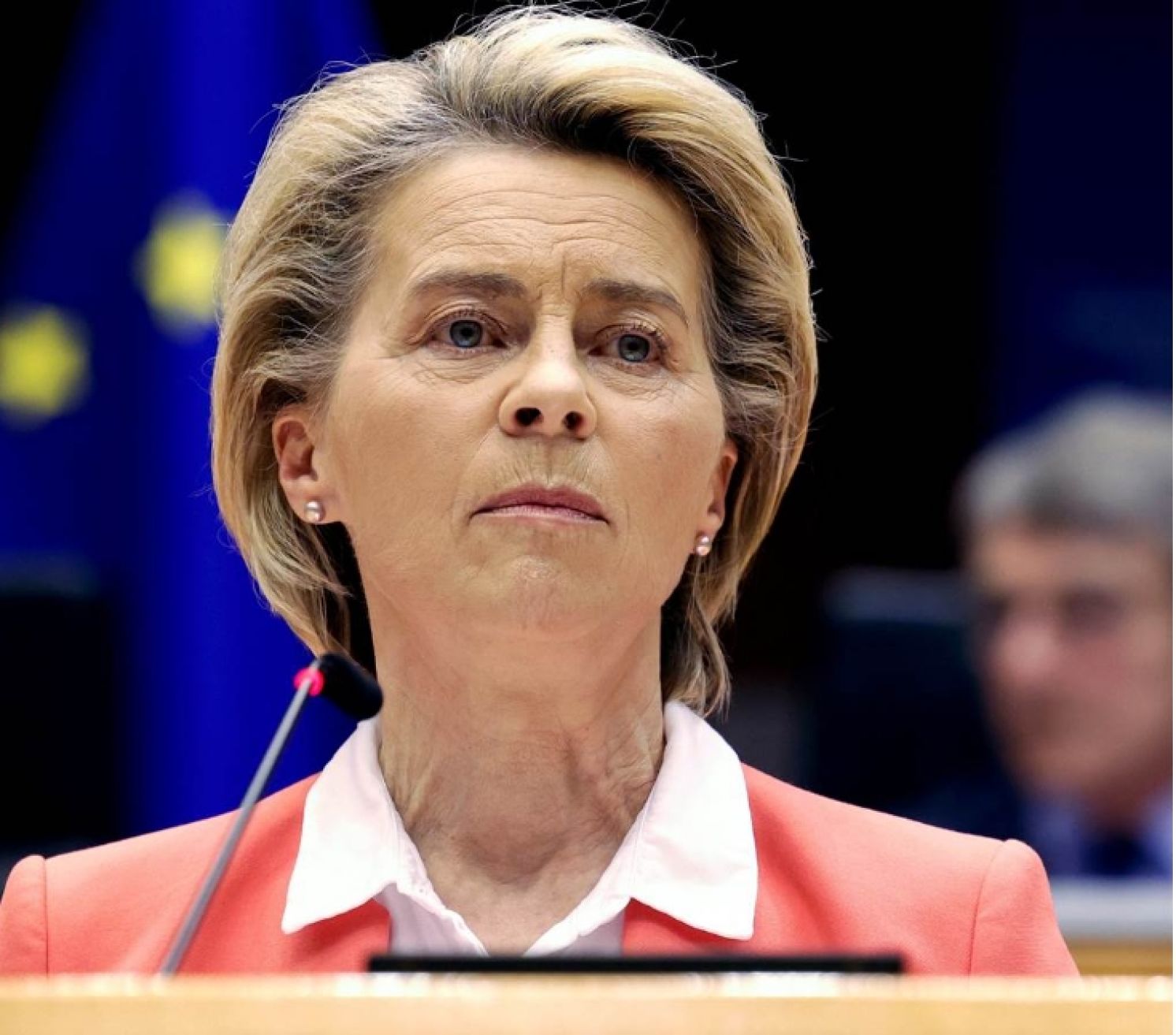
This Week in Taiwan 0402-0408
April 3: Wang Chih-huah, a division chief of the Taipei Economic and Cultural Office (TECO) in Sau Pulo, Brazil, committed suicide by jumping from a building. An open letter signed by his widow Yu Hui-min was circulated on the Internet and stated that the reason for Wang's suicide is related to his reluctance to hastily verify costs associated with repairing the official residence and consequent retaliation and bullying by Director-General Fong Kuang-jong, who heads the office.
Details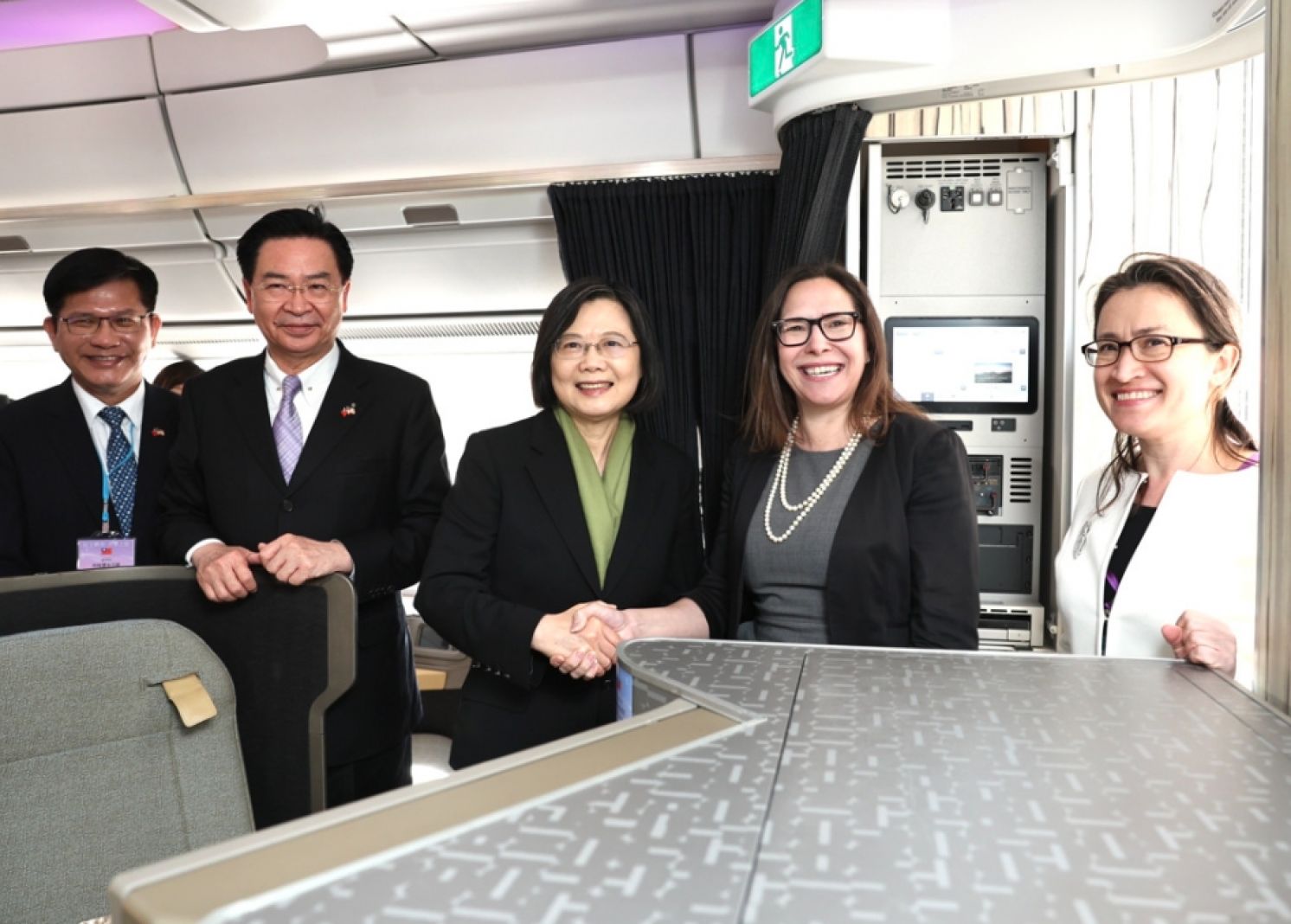
Gone Too Far, President Tsai's Unspeakable Miseries During U.S. Stopover
It was highly expected that President Tsai Ing-wen, en route on her official visit to Central America, could transit through Washington and speak before the United States Congress.
Details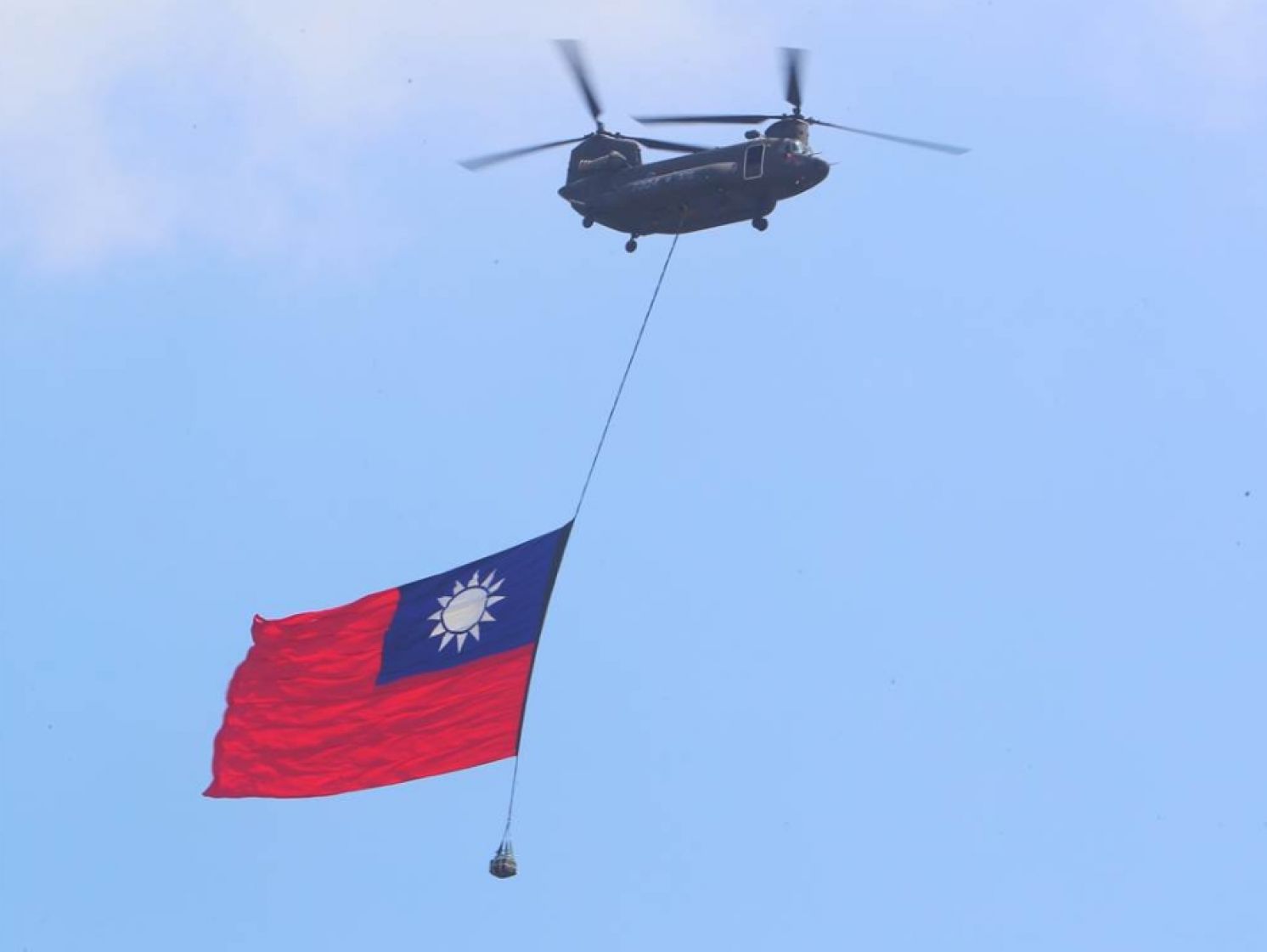
KMT's Strategic Clarity Tests Relationship with Communist China
Intensive discussions have been taking place within the Kuomintang (KMT) about a new cross-strait narrative, which will still be based on the "1992 Consensus" but will no longer emphasize "One China with different interpretations."
Details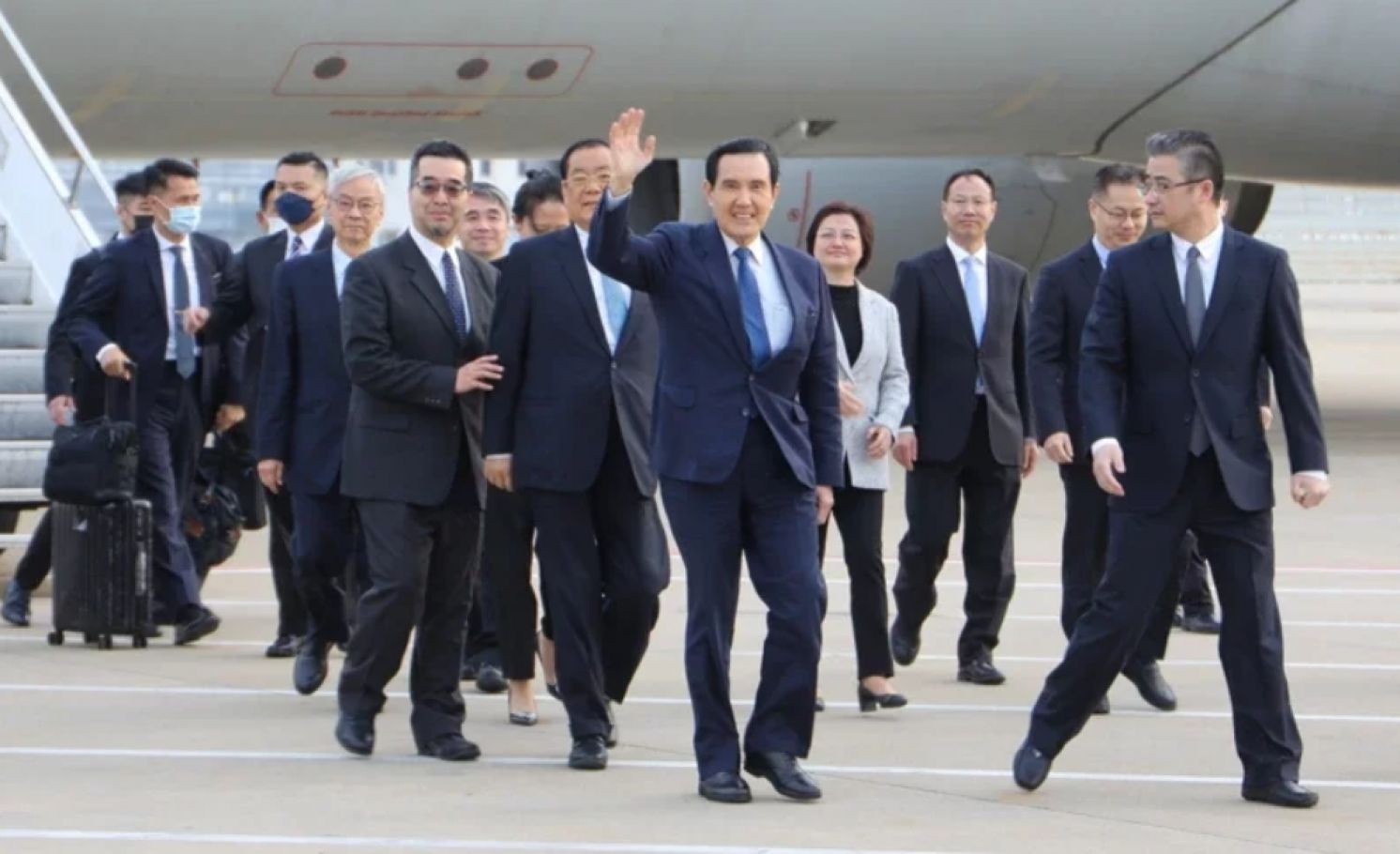
Ma's Visit to Mainland China Helping Lai's Presidential Campaign?
Recent commentaries in Taiwan on former President Ma Ying-jeou’s visit to mainland China to pay respects to his ancestors are quite polarized.
Details- 1
- 2
- 3
- 4
- 5
- 6
- 7
- 8
- 9
- 10
- 11
- 12
- 13
- 14
- 15
- 16
- 17
- 18
- 19
- 20
- 21
- 22
- 23
- 24
- 25
- 26
- 27
- 28
- 29
- 30
- 31
- 32
- 33
- 34
- 35
- 36
- 37
- 38
- 39
- 40
- 41
- 42
- 43
- 44
- 45
- 46
- 47
- 48
- 49
- 50
- 51
- 52
- 53
- 54
- 55
- 56
- 57
- 58
- 59
- 60
- 61
- 62
- 63
- 64
- 65
- 66
- 67
- 68
- 69
- 70
- 71
- 72
- 73
- 74
- 75
- 76
- 77
- 78
- 79
- 80
- 81
- 82
- 83
- 84
- 85
- 86
- 87
- 88
- 89
- 90
- 91
- 92
- 93
- 94
- 95
- 96
- 97
- 98
- 99
- 100
- 101
- 102
- 103
- 104
- 105
- 106
- 107
- 108
- 109
- 110
- 111
- 112
- 113
- 114
- 115